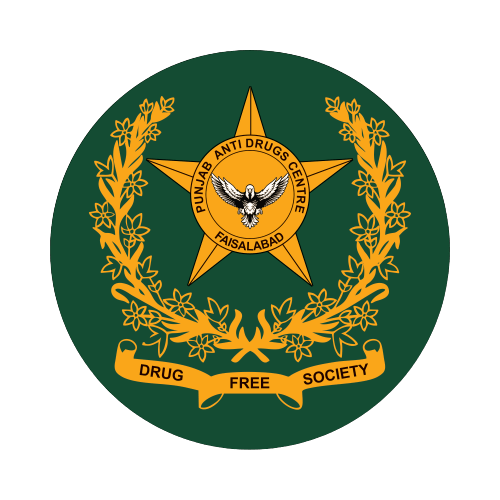Treatments
Home » Treatments
Our Treatments
We offer personalized treatment programs for drug addiction and a number of other psychiatric disorders. The eclectic approach towards therapy that we employ takes into consideration the unique attributes of each individual along with the varying nature of their problem. Our treatment strategy is based on the principle that a one-dimensional model of counseling may not work for each individual. For this very reason, we work in close connection with clients and their families to construct individualized treatment plans that fulfill their unique therapeutic requirements.

The defining feature of our treatment modality is the integrative treatment approach that we adopt, based on a blend of the latest and long-standing, research-based techniques that have been scientifically proven to yield results. The treatment options that we provide are designed to bring about a holistic change in the lives of clients suffering from addiction or other psychological problems. Apart from counseling programs that are specifically designed to address the core psychological problem, our treatment approach focuses on empowering clients to focus on personal development, learn the life skills necessary to limit the dysfunctionality caused by the illness, and restructure their maladaptive paradigms. Our treatment program is therefore based on five basic components which include:

Supportive
Counseling
Supportive counseling is yet another form of counseling technique.

Personal Development Counseling
Many theorists believe that when humans are born, the brain is in a blank state.

Situational
Counseling
Situational counseling is a type of counseling that can help individuals deal with the crisis.

Follow Up
Counseling
Follow-up counseling is a continuation of the care that was provided to the clients in the rehab.
“Core counseling aims to enhance the client’s knowledge of their disease and improve understanding of how it affects them on a biological, psychological, social and spiritual level.”
mental illnesses
The different elements covered by the treatment program ensure that patients suffering from addiction or other mental illnesses, get comprehensive training in improving multiple dimensions of their lives. The core counseling process focuses primarily on the primary psychological problem that clients are afflicted with. It introduces clients to a variety of educational material and stresses management strategies that pertain to their primary psychological issue. For clients suffering from addiction, core counseling would focus on aspects such as detoxification and withdrawal management. Similarly, denial and craving management would also constitute areas within the sphere of core counseling that directly address the fundamental psychological problem.

Supportive counseling builds upon the aforementioned mode of counseling and aims to provide clients the guidance necessary to deal with other behavioral and cognitive difficulties that could interfere with the treatment of the primary illness. Supportive counseling allows the client’s to both learn and exercise skills that could supplement their recovery process. It involves teaching them strategies that can improve their communication abilities, improve their level of emotional intelligence and learn to cope with stress, just to name a few.
